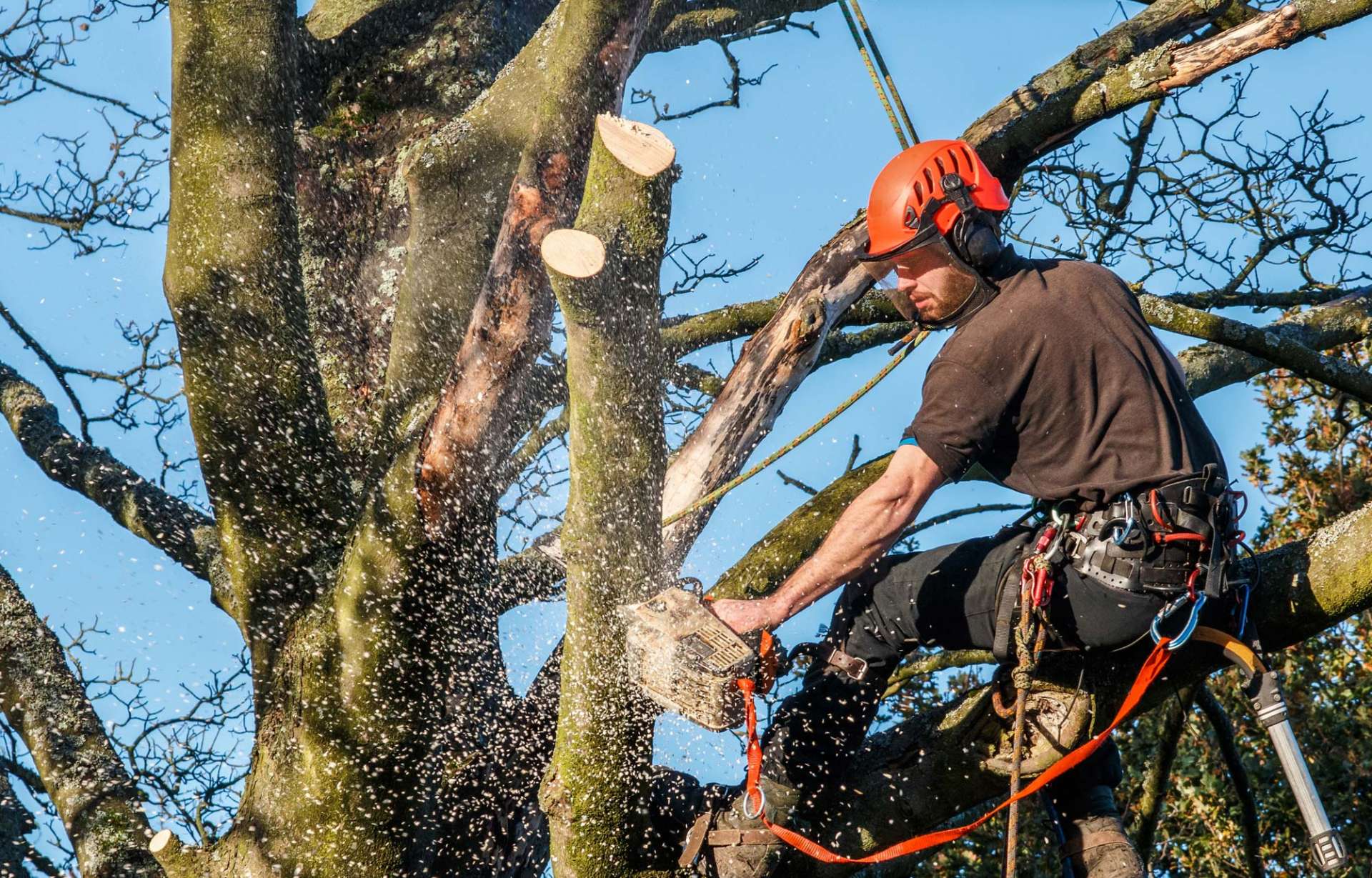
Boating can be a delightful way to spend time on the water, whether it’s for a leisurely sail, fishing, or water sports. However, the tranquillity of the water should not lead one to overlook safety precautions. Here are key safety measures to ensure a secure and enjoyable experience while boating.
Wear Life Jackets
Always wear a life jacket, and make sure all passengers do the same. Ensure they fit correctly and are suitable for the wearer’s size and weight. Life jackets are a crucial piece of safety equipment that can save lives in the event of an accident.
Take a Boating Safety Course
Educate yourself by taking a boating safety course, either in-person or online. This will provide you with essential knowledge about navigation rules, emergency procedures, and the basics of boating.
Check the Weather
Always check the local weather forecast before departing. If you notice darkening clouds, volatile and rough changing winds, or a sudden drop in temperature, play it safe by getting off the water.
Follow a Pre-Departure Checklist
A pre-departure checklist is vital to make sure no safety rules or precautions are overlooked. This should include checks on fuel levels, engine, lights, battery, and distress signals, among other things.
Use Common Sense
One of the most important parts of boating safety is using your common sense. This means operating at a safe speed, always staying alert, and steering clear of large vessels and watercraft that can be restricted in their ability to stop or turn.
Winter sailing holidays refer to all charter weeks from mid-October of the current year to April of the next year. You can search for the top destinations for your winter sailing.
Designate an Assistant Skipper
Always have at least one other person on board who is familiar with all aspects of your boat’s handling, operations, and general boating safety. If the primary navigator is incapacitated in any way, it’s essential to have another individual who can get everyone back to shore safely.
Develop a Float Plan
Inform someone ashore of your float plan, which includes names, addresses, phone numbers, and trip itinerary. In case of an emergency, someone will know how to reach you.
Avoid Alcohol
Operating a boat under the influence of alcohol or drugs is dangerous and is the leading cause of fatal boating accidents. Keep alcohol consumption to a minimum or save it for later when you are safely ashore.
Learn to Swim
If you’re going to be in and around water, proper training in swimming and life-saving techniques will add an extra layer of safety to your boating excursions.
Equip Your Boat with the Necessary Safety Gear
This includes a toolkit, torches, additional fuel, spare parts, a fire extinguisher, a first aid kit, and distress signals such as flares and whistles. Also, consider having an EPIRB (Emergency Position Indicating Radio Beacon) or personal locator beacon onboard.
Conclusion
Boating safely means that preparation, education, and common sense work together to create a safe and enjoyable experience. Always respect the water and remember that safety begins with you. Safe boating is no accident!











:max_bytes(150000):strip_icc()/Term-Definitions_Digital-Marketing-5ae6ea1aee934b02a94a1a4d9401443d.jpg)




